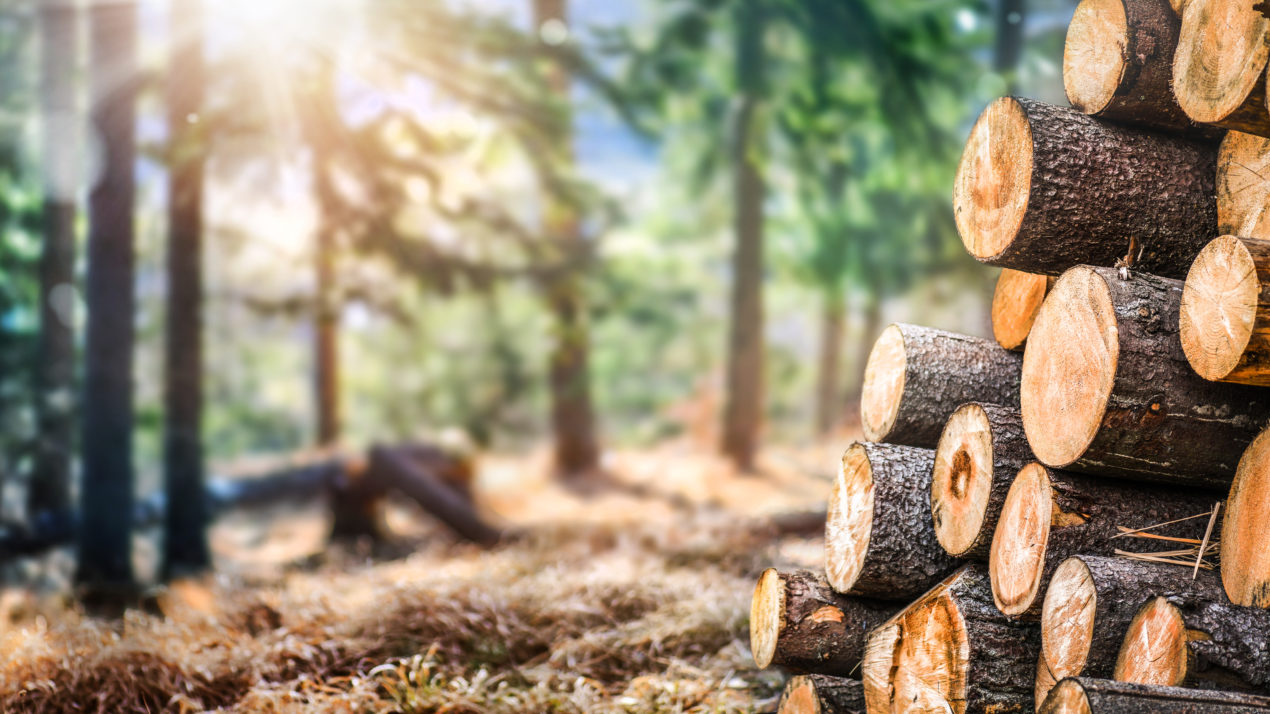
Wisconsin forests are going to be impacted by climate change however there are things that can be done to help minimize that impact. Brad Hutnik, forest ecologist with the Department of Natural Resources, says that sustainable forestry and silviculture are key to protecting our forests.
“Sustainable forestry is really thinking about ecological, economic and social benefits of forests and integrating those all so that one isn’t outweighing some of the others and thinking about it over a long period of time,” says Hutnik. “It’s not just for the current, like for us right now, but for the future as well and as long as we take these things into account, we’re going to be sustainable.”
Hutnik says key things to think about are what the vulnerabilities of your forest are and how you can address them. Frozen ground is a good example of this. Over the last 20 years, loggers, foresters, and landowners have recognized that we don’t have the frozen ground we used to. Frozen ground is really critical if you’re not trying to disturb the soil or disturb that site in any way, shape or form. If we don’t have frozen ground, that means we have to adjust or we have to do something else.
“Landowners addressing vulnerabilities is one thing, but I think we all want to know, okay, now that I know what the vulnerabilities are, what can I do about it,” says Hutnik. “We have tools such as scorecards for landowners through UW-Extension, and a climate change field guide for northern and southern Wisconsin that can help.”
He says that farmers should care about this because if you’re relying on that forest for some kind of income over time, what you’d like to see is regeneration and climate change could interrupt that. Some farmers use their forests for the livestock to graze roam and Hutnik says that farmers should take note of what tree species are growing and what benefits they’re getting out of it.
There are programs starting to develop that are looking at buying carbon credits and landowners are signing up on contracts for carbon credits. Hutnik says this is something that farmers should be well aware of because there’ll be opportunities through a number of those that over time, he believes will be very beneficial.
“If we think about climate change as just tweaking what we do with regular forest management instead of changing everything wholesale, I don’t think we’d have people afraid of adaptation,” Hutnik adds. “I think sometimes it’s just because we don’t know what that change is going to be, so becoming more aware of what those potential vulnerabilities are makes you more aware of what things you can do, which may not be that big at all.”

Leave a Reply